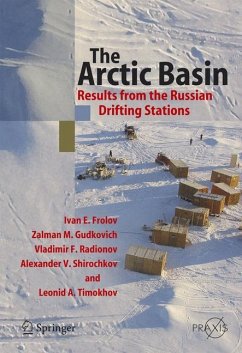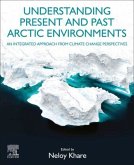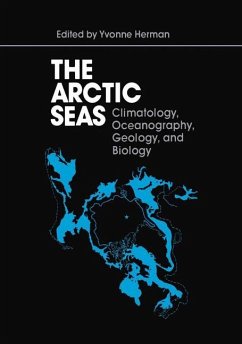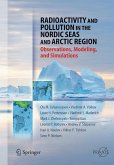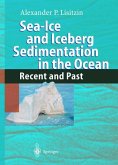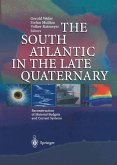The authors describe in The Russian North Pole Drifting Stations for the first time the history of establishing drifting stations in the Arctic Basin since 1937. They set out the main aims and goals of the observations made and outline the methods of organizing the drifting stations, gear and equipment for life support and scientific observations at the North Pole drifting stations and during the airborne high-latitudinal expeditions.
The main scientific results and the analysis of data obtained during metereological, oceanographic, ice and geophysical observations are presented and the book contains illustrations, maps and tables that can be used by a wide range of specialists investigating the nature of the Arctic region.
An analysis of the contribution of the data collected at the drifting stations, the process of envionmental research in the Arctic Basin and the plans for future use of drifting stations is provided, with special emphasis on the forthcomingInternational Polar Year 2007-2008
The main scientific results and the analysis of data obtained during metereological, oceanographic, ice and geophysical observations are presented and the book contains illustrations, maps and tables that can be used by a wide range of specialists investigating the nature of the Arctic region.
An analysis of the contribution of the data collected at the drifting stations, the process of envionmental research in the Arctic Basin and the plans for future use of drifting stations is provided, with special emphasis on the forthcomingInternational Polar Year 2007-2008
From the reviews: "The Arctic Basin aims to provide for the first time a unique and updated insight into the work and achievements of the drifting stations established in the Antartic since 1937. ... I do strongly recommend it for any experienced colleague interested in Arctic Ocean science, and for anybody collaborating with Russian colleagues. It provides a valuable common ground for further discussions and future joint projects ... . It certainly also contributes to a better understanding between Russian scientists and their international partners." (Christian Haas, Polarforschung, Vol. 75 (1), 2005)

